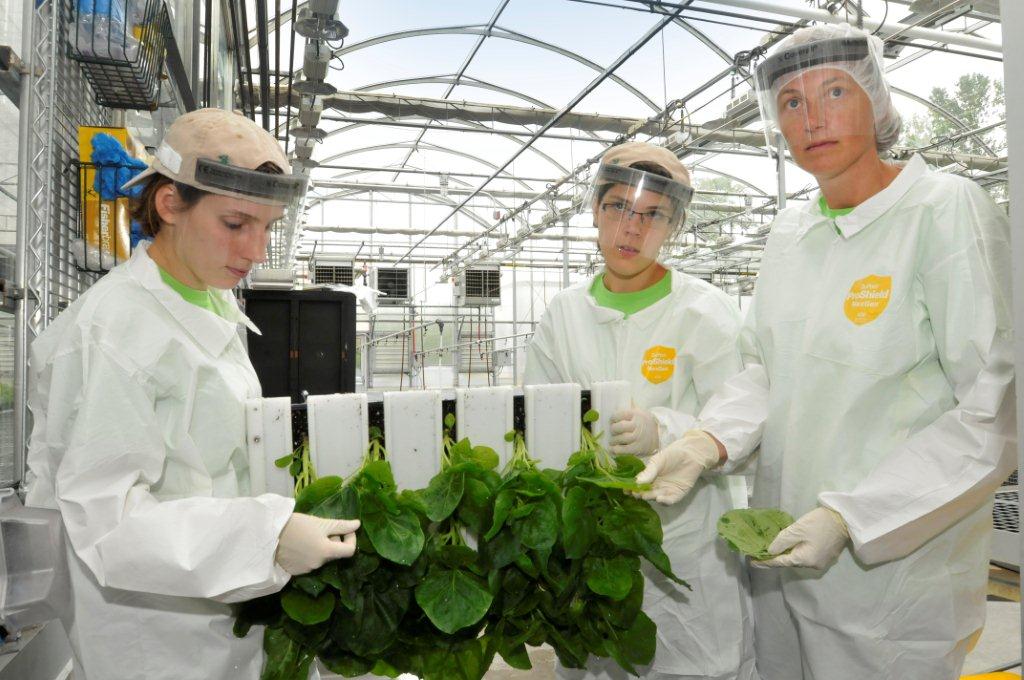
Medicago Vaccine Could Help Smoke Out Coronavirus

An ancient relative of tobacco, much maligned for the damage it has inflicted on public health, is key to a new vaccine to prevent the novel coronavirus.
Medicago – a Canadian company with a biomanufacturing facility in Durham – has used it to produce an experimental plant-based vaccine for COVID-19, the coronavirus disease that has now reached a global pandemic level.
The vaccine is built around a virus-like particle (VLP) grown in nicotiana benthamiana, which is closely linked to tobacco.
The vaccine candidate will now undergo preclinical testing for safety and effectiveness. Medicago said human trials could begin as early as this summer. If approved, the therapy will be manufactured at company facilities in Quebec and Durham.
Medicago is a leader in proprietary plant-based technology that uses VLPs to develop protein-based vaccines, instead of relying on animal products or live viruses.
VLPs have several advantages over traditional vaccines.
- They’re made to mimic viruses, which enables the body’s immune system to recognize them and create an immune response. But they lack the core genetic material of a virus, so they’re not infectious and can’t replicate.
- Medicago’s technology only requires the genetic sequence of a viral strain, not the live virus. So the company can crank out a therapy to attack a pandemic infection like COVID-19 within a month after health officials identify it. By comparison, traditional vaccine development in chicken eggs takes six to nine months.
- Clinical trial data suggest that VLPs can simultaneously activate both antibody and cell responses.

Speed and scalability also are important. Medicago said it was able to produce a VLP of the coronavirus just 20 days after receiving the SARS-CoV-2 (the virus that causes COVID-19) gene. And the company can ramp up production simply by increasing the number of plants it uses.
“The pace of our initial progress in COVID-19 is attributable to the capacity of our plant-based platform, which is able to produce vaccine and antibody solutions to counteract this global health threat,” said Medicago President and CEO Bruce Clark, Ph.D. “The ability to produce a candidate vaccine within 20 days after obtaining the gene is a critical differentiator for our proven technology.”
Medicago also is using its technology to develop antibodies to treat COVID-19 by attacking the SARS-CoV-2 virus. The company is collaborating on that project with Laval University’s Infectious Disease Research Centre in Quebec City. The research is funded, in part, by the Canadian Institutes for Health Research.
In addition to coronavirus treatments, Medicago’s pipeline includes other experimental virus and pandemic therapies. Its first product, a seasonal flu vaccine, is currently under review by Health Canada.
The 21-year-old company is headquartered in Quebec City. It employs more than 450 people, 150 of whom work at its Durham manufacturing site.
